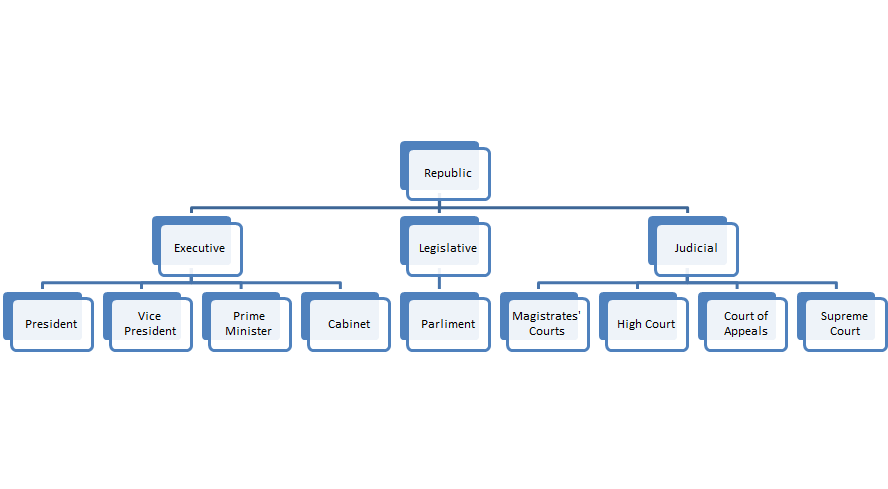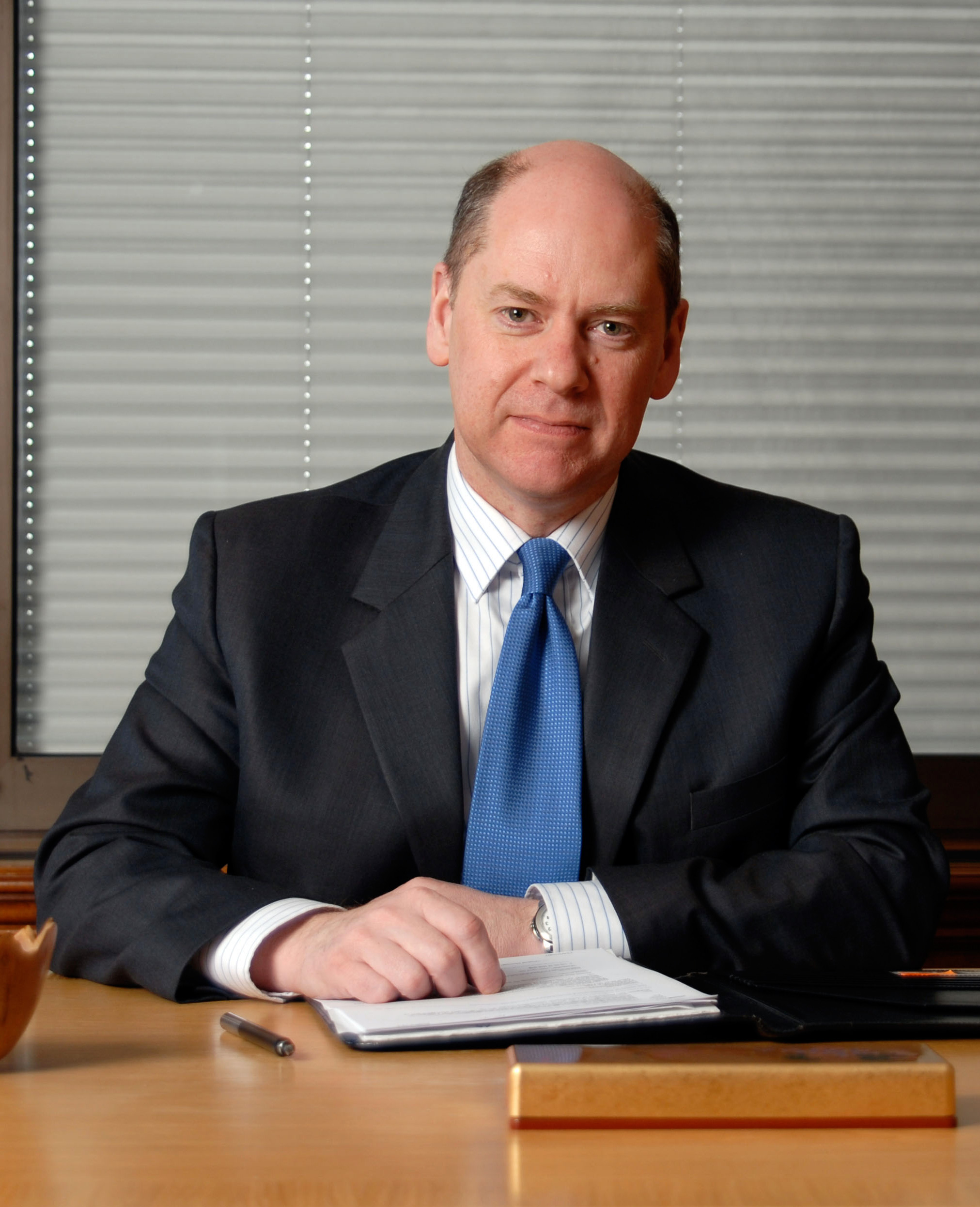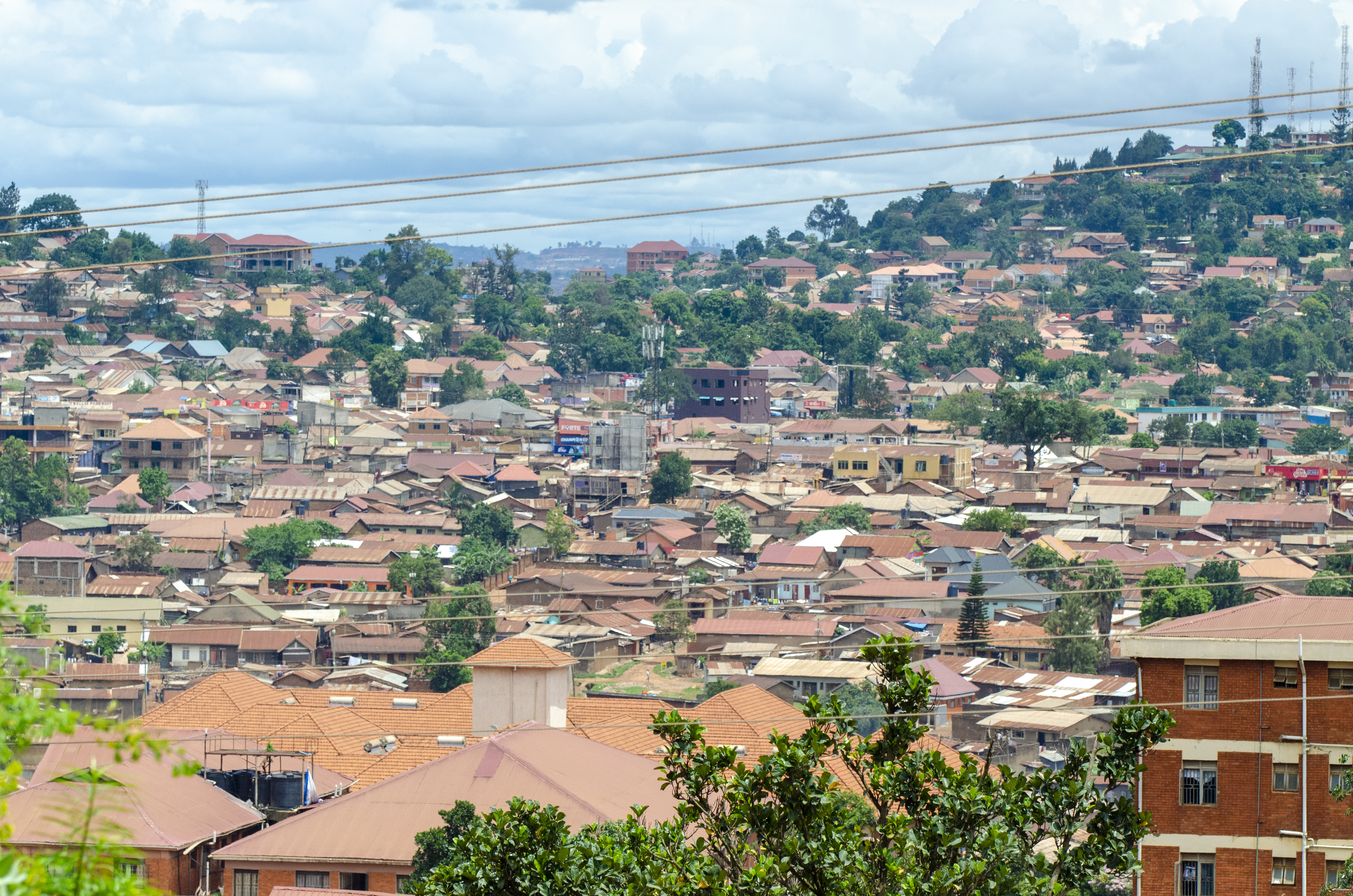|
Lillian Tibatemwa-Ekirikubinza
Lillian Tibatemwa-Ekirikubinza is a Ugandan lawyer, academic and judge, who has served as a Justice of the Supreme Court of Uganda, since 2015. Background and education She was born in present-day Iganga District in 1961. She studied at Gayaza High School in the 1970s and law at Makerere University, in Kampala, Uganda, graduating with a Bachelor of Laws. She also holds a Diploma in Legal Practice, awarded by the Law Development Centre, also in Kampala. Her Master of Laws in commercial law, was obtained from the University of Bristol in the United Kingdom. She also has a Doctor of Philosophy in law, obtained from the University of Copenhagen in Denmark. Career Tibatemwa-Ekirikubinza served as a lecturer then associate professor and then professor of law at Makerere University. Following that, she was promoted to the rank of Deputy Vice-Chancellor responsible for academic affairs at the institution. For a period of six months, from April 2009 until October 2009 she served as t ... [...More Info...] [...Related Items...] OR: [Wikipedia] [Google] [Baidu] |
Iganga District
Iganga District is a district in the Eastern Region of Uganda. The town of Iganga is the site of the district headquarters. Location Iganga District is bordered by Kaliro District to the north, Namutumba District to the northeast, Bugweri District to the east, Mayuge District to the south, Jinja District to the southwest, and Luuka District to the west. The district headquarters at Iganga are located approximately , by road, northeast of Jinja, the largest city in the Busoga sub-region. Population In 1991, the national population census estimated the district population at about 235,300. The 2002 national census estimated the population of the district at about 335,500. The annual population growth rate in the district was estimated at 3.5%. In 2012, the population of Iganga District was estimated at approximately 499,600. Religion Iganga District has the highest proportion of Muslims in Uganda. See also * Busoga Busoga ( Lusoga: Obwakyabazinga bwa Busoga) is a kingd ... [...More Info...] [...Related Items...] OR: [Wikipedia] [Google] [Baidu] |
Judiciary Of Uganda
Uganda is a presidential republic in which the President of Uganda is the head of state and the prime minister is the head of government business. There is a multi-party system. Executive power is exercised by the government. Legislative power is given to both the government and the National Assembly. The system is based on a democratic parliamentary system with equal rights for all citizens over 18 years of age. Political culture In a measure ostensibly designed to reduce sectarian violence, political parties were restricted in their activities from 1986. In the non-party "Movement" system instituted by President Yoweri Museveni, political parties continued to exist but could not campaign in elections or field candidates directly (although electoral candidates could belong to political parties). A constitutional referendum canceled this 19-year ban on multi-party politics in July 2005. Presidential elections were held in February 2006. Museveni ran against several candidates, ... [...More Info...] [...Related Items...] OR: [Wikipedia] [Google] [Baidu] |
Justices Of The Supreme Court Of Uganda
A judge is a person who presides over court proceedings, either alone or as a part of a panel of judges. A judge hears all the witnesses and any other evidence presented by the barristers or solicitors of the case, assesses the credibility and arguments of the parties, and then issues a ruling in the case based on their interpretation of the law and their own personal judgment. A judge is expected to conduct the trial impartially and, typically, in an open court. The powers, functions, method of appointment, discipline, and training of judges vary widely across different jurisdictions. In some jurisdictions, the judge's powers may be shared with a jury. In inquisitorial systems of criminal investigation, a judge might also be an examining magistrate. The presiding judge ensures that all court proceedings are lawful and orderly. Powers and functions The ultimate task of a judge is to settle a legal dispute in a final and publicly lawful manner in agreement with substantial ... [...More Info...] [...Related Items...] OR: [Wikipedia] [Google] [Baidu] |
Ugandan Women Judges
}), is a landlocked country in East Africa. The country is bordered to the east by Kenya, to the north by South Sudan, to the west by the Democratic Republic of the Congo, to the south-west by Rwanda, and to the south by Tanzania. The southern part of the country includes a substantial portion of Lake Victoria, shared with Kenya and Tanzania. Uganda is in the African Great Lakes region. Uganda also lies within the Nile basin and has a varied but generally a modified equatorial climate. It has a population of around 49 million, of which 8.5 million live in the capital and largest city of Kampala. Uganda is named after the Buganda kingdom, which encompasses a large portion of the south of the country, including the capital Kampala and whose language Luganda is widely spoken throughout the country. From 1894, the area was ruled as a protectorate by the United Kingdom, which established administrative law across the territory. Uganda gained independence from the UK on 9 October 19 ... [...More Info...] [...Related Items...] OR: [Wikipedia] [Google] [Baidu] |
People From Iganga District
A person ( : people) is a being that has certain capacities or attributes such as reason, morality, consciousness or self-consciousness, and being a part of a culturally established form of social relations such as kinship, ownership of property, or legal responsibility. The defining features of personhood and, consequently, what makes a person count as a person, differ widely among cultures and contexts. In addition to the question of personhood, of what makes a being count as a person to begin with, there are further questions about personal identity and self: both about what makes any particular person that particular person instead of another, and about what makes a person at one time the same person as they were or will be at another time despite any intervening changes. The plural form "people" is often used to refer to an entire nation or ethnic group (as in "a people"), and this was the original meaning of the word; it subsequently acquired its use as a plural form of per ... [...More Info...] [...Related Items...] OR: [Wikipedia] [Google] [Baidu] |
People From Eastern Region, Uganda
A person ( : people) is a being that has certain capacities or attributes such as reason, morality, consciousness or self-consciousness, and being a part of a culturally established form of social relations such as kinship, ownership of property, or legal responsibility. The defining features of personhood and, consequently, what makes a person count as a person, differ widely among cultures and contexts. In addition to the question of personhood, of what makes a being count as a person to begin with, there are further questions about personal identity and self: both about what makes any particular person that particular person instead of another, and about what makes a person at one time the same person as they were or will be at another time despite any intervening changes. The plural form "people" is often used to refer to an entire nation or ethnic group (as in "a people"), and this was the original meaning of the word; it subsequently acquired its use as a plural form of per ... [...More Info...] [...Related Items...] OR: [Wikipedia] [Google] [Baidu] |
University Of Copenhagen Alumni
A university () is an institution of higher (or tertiary) education and research which awards academic degrees in several academic disciplines. Universities typically offer both undergraduate and postgraduate programs. In the United States, the designation is reserved for colleges that have a graduate school. The word ''university'' is derived from the Latin ''universitas magistrorum et scholarium'', which roughly means "community of teachers and scholars". The first universities were created in Europe by Catholic Church monks. The University of Bologna (''Università di Bologna''), founded in 1088, is the first university in the sense of: *Being a high degree-awarding institute. *Having independence from the ecclesiastic schools, although conducted by both clergy and non-clergy. *Using the word ''universitas'' (which was coined at its foundation). *Issuing secular and non-secular degrees: grammar, rhetoric, logic, theology, canon law, notarial law.Hunt Janin: "The university i ... [...More Info...] [...Related Items...] OR: [Wikipedia] [Google] [Baidu] |
Alumni Of The University Of Bristol
This is a list of University of Bristol people, including a brief description of their notability. This list includes not just former students but persons who are or have been associated with the university, including former academics, Chancellors, and recipients of honorary degrees. Staff and academics Chancellors and Vice-Chancellors Alumni Government and politics United Kingdom International The Law * Alexander Cameron, English Barrister *Sir Richard Field, English High Court Judge, Academic of University of British Columbia, University of Hong Kong, McGill University * Louisa Ghevaert, British family law lawyer *Brenda Hale, Baroness Hale of Richmond, English judge and first woman to be appointed as the President of the Supreme Court of the United Kingdom, Chancellor of University (2004-2016) * Sir Stephen Laws, British lawyer and civil servant who served as the First Parliamentary Counsel (2006-2012) *Victoria Sharp, English Lady Justice of Appeal and Vice-Presid ... [...More Info...] [...Related Items...] OR: [Wikipedia] [Google] [Baidu] |
Law Development Centre Alumni
Law is a set of rules that are created and are law enforcement, enforceable by social or governmental institutions to regulate behavior,Robertson, ''Crimes against humanity'', 90. with its precise definition a matter of longstanding debate. It has been variously described as a Social science#Law, science and as the art of justice. State-enforced laws can be made by a group legislature or by a single legislator, resulting in statutes; by the executive through decrees and regulations; or established by judges through precedent, usually in common law jurisdictions. Private individuals may create legally binding contracts, including arbitration agreements that adopt Alternative dispute resolution, alternative ways of resolving disputes to standard court litigation. The creation of laws themselves may be influenced by a constitution, written or tacit, and the rights encoded therein. The law shapes politics, economics, history and society in various ways and serves as a mediator of ... [...More Info...] [...Related Items...] OR: [Wikipedia] [Google] [Baidu] |
Makerere University Alumni
Makerere ( ) is a neighborhood in the city of Kampala, Uganda's capital city. The name also applies to the hill on which this neighborhood is perched; one of the original seven hills that constituted Kampala at the time of its founding, in the early 1900s. Location Makerere is located in Kawempe Division. It is bordered by Bwaise to the north, Mulago to the east, Wandegeya and Nakasero to the southeast, Old Kampala to the south, Naakulabye to the southwest. Kasubi and Kawaala lie to the west of Makerere. This location lies approximately , by road, north of Kampala's central business district. The coordinates of Makerere are:0° 20' 6.00"N, 32° 34' 12.00"E (Latitude:0.3350; Longitude:32.5700). Overview Makerere Hill is occupied primarily by Makerere University. In the 1970s and 1980s, the university had nine ''Halls of Residence'', six for men and three for women. During the 1990s and early 2000s, as the university intake and student population grew from about 5,000 to over 40,0 ... [...More Info...] [...Related Items...] OR: [Wikipedia] [Google] [Baidu] |
21st-century Ugandan Judges
The 1st century was the century spanning AD 1 ( I) through AD 100 ( C) according to the Julian calendar. It is often written as the or to distinguish it from the 1st century BC (or BCE) which preceded it. The 1st century is considered part of the Classical era, epoch, or historical period. The 1st century also saw the appearance of Christianity. During this period, Europe, North Africa and the Near East fell under increasing domination by the Roman Empire, which continued expanding, most notably conquering Britain under the emperor Claudius (AD 43). The reforms introduced by Augustus during his long reign stabilized the empire after the turmoil of the previous century's civil wars. Later in the century the Julio-Claudian dynasty, which had been founded by Augustus, came to an end with the suicide of Nero in AD 68. There followed the famous Year of Four Emperors, a brief period of civil war and instability, which was finally brought to an end by Vespasian, ninth Roman emperor, a ... [...More Info...] [...Related Items...] OR: [Wikipedia] [Google] [Baidu] |


_1938.jpg)



